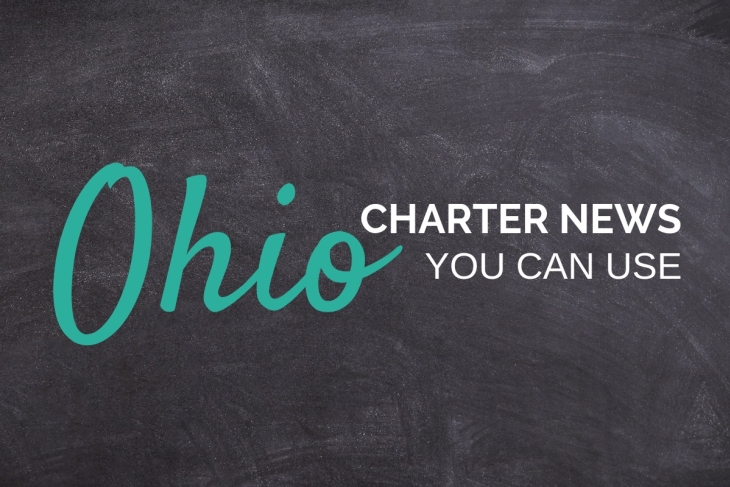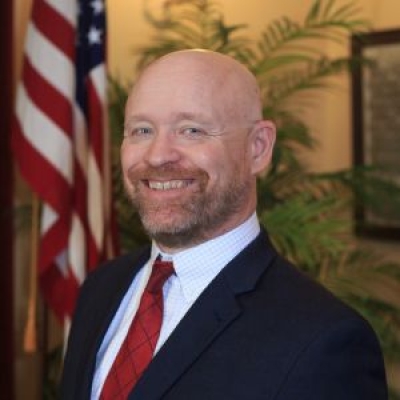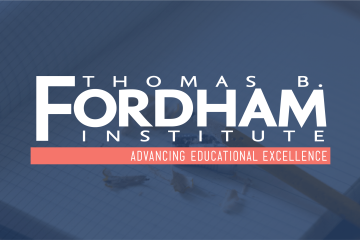NOTE: Ohio Charter News Weekly is back after a Thanksgiving break. Clips cover the period of 11/20 through 12/4.
Defeat in the Mountain State
The effort to establish the first charter school in West Virginia ended last week when district school board members in two counties voted to reject West Virginia Academy’s application. This was not a surprising outcome given the rancor over the process so far. Board members said that the application did not meet 7 of the 10 evaluation criteria required for approval. Somewhat ironically, the only criteria they agreed had been fully met was the one related to the school’s shut down plan.
Meanwhile, in California…
A new charter school law went into effect in California which gives districts authority to determine whether the opening of a new charter school would “negatively impact” their own schools and to have more of a say in charter renewal decisions. Somewhat ironically, district officials are hampered in their initial decision-making processes due to a pandemic-influenced lack of assessment data from 2020. It seems that the default is to give charters conditional renewals based on previous data trends.
The view from the Ohio Statehouse
A number of education bills are gaining momentum in Columbus as the lame duck legislative session continues. Senate Bill 358, dealing with pandemic-related issues, is one of interest for the charter school community. Among other things, the version of the bill which passed out of the Senate Education Committee this week would cancel state report cards for the 2020-2021 school year. As with last year, such a move would impact charter sponsor ratings.
The Cupp-Patterson education funding bill – pt 1
Just after Thanksgiving, House Bill 305 was amended to include the current iteration of the Cupp-Patterson education funding plan. It is a wide-ranging and detailed effort to move Ohio beyond the decades-old arguments which followed the state Supreme Court’s DeRolph decision. The Fordham Institute’s Aaron Churchill took a detailed look at the bill’s provisions affecting charter schools. A proposal to move to direct funding of charters was greeted favorably, but questions of funding equity between charters and districts remained.
The Cupp-Patterson education funding bill – pt 2
The amended version of HB 305 was the topic in several House Finance Committee hearings this week. Fordham’s Chad Aldis testified on December 1. While he was also supportive of a possible move away from pass-through funding for charters, he too had concerns over the shortfall. You can read his full testimony here.
Hitting a high note in Colorado
Empower Community High School in Aurora, Colorado, has created what is known as The Hustle Collective—time carved out of the remote school day for students to follow their passions or learn new skills of interest. The small charter school has raised funds and won grants to provide up to $100 to students for materials to pursue their interests and to hire local college students as “Hustle Champions” to mentor, assist, and cheerlead. Singing, baking, sewing, and video editing are just a few of the skills being pursued. “It’s about giving students a chance to invest in themselves,” said the school’s co-founder Olivia Jones, “It’s been definitely a course of joy for our students.”





